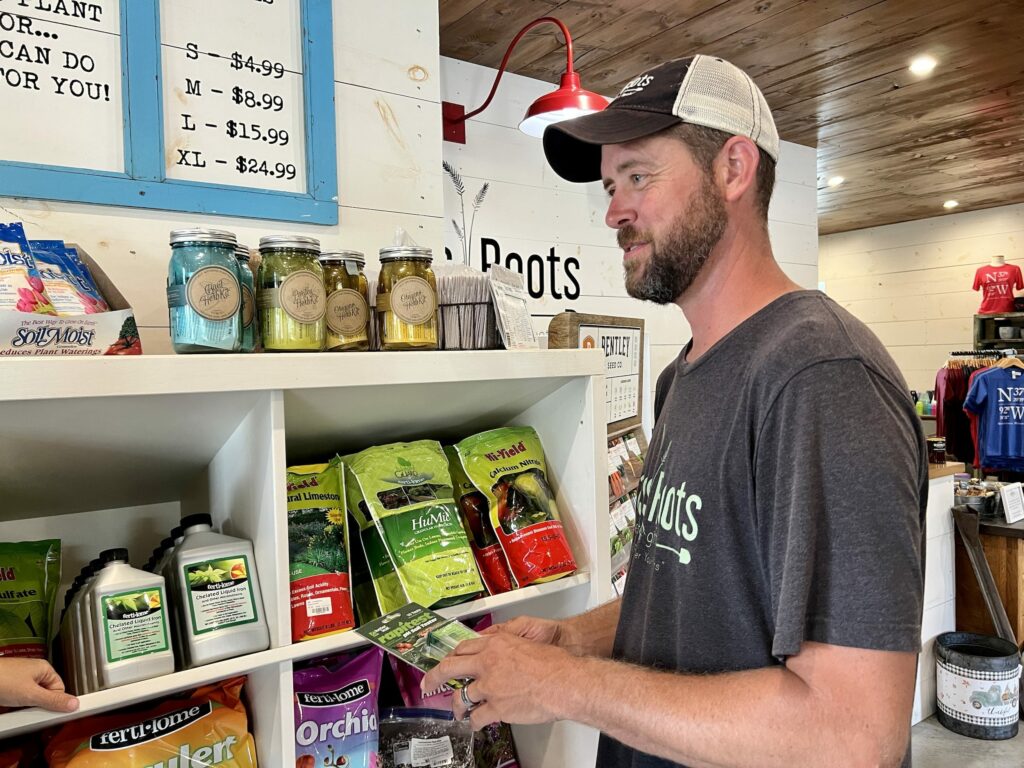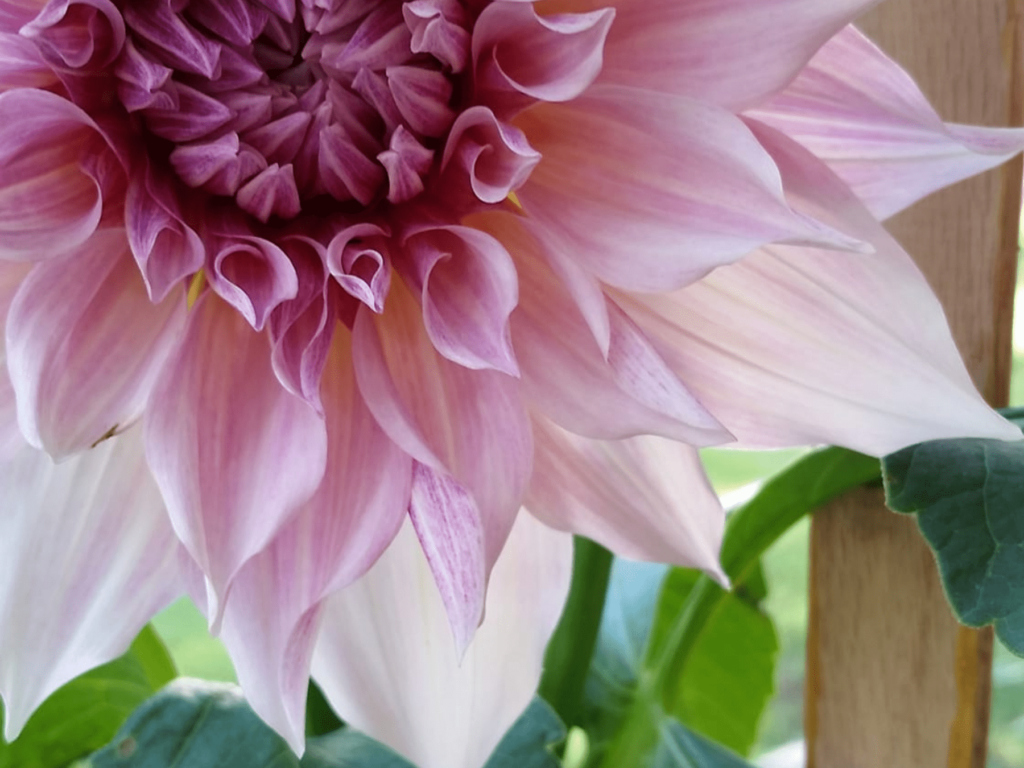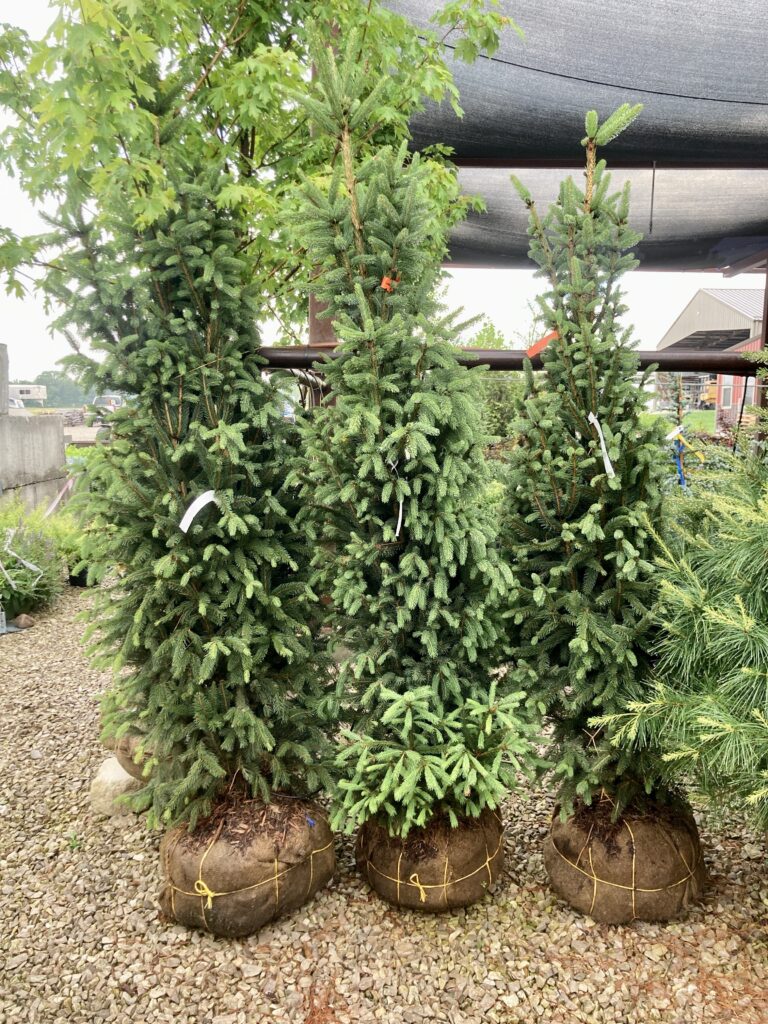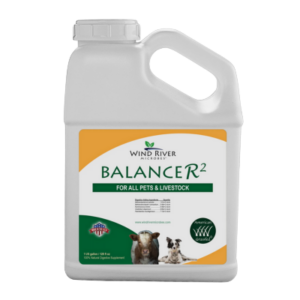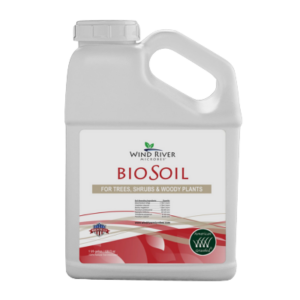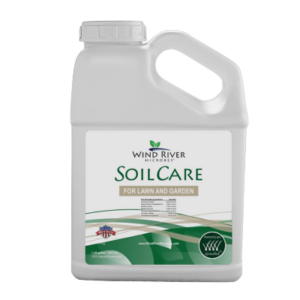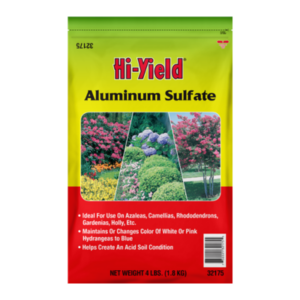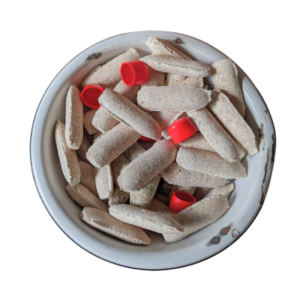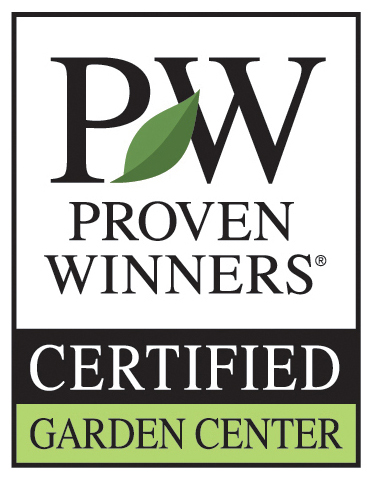1. How It Works
Spinosad Soap is an organic insecticide made from two different strains of naturally occurring bacteria, spinosyn A and spinosyn D. It was discovered in a Caribbean rum distillery in the early 80s. When bugs eat this bacteria, it goes after their nervous system and quickly kills them.
2. Usage
Apply it directly onto the insects when you see them, and repeat every 7-10 days as needed. The bacteria in the soap overstimulate the insect’s nervous system, killing them in 48 hours or less. It’s effective on a wide variety of pests that feed on leaves. To keep your plants safe, do not apply it in the heat of the day. It’s best to spray it in the early morning or evening.
3. Targeting Specific Pests
Spinosad Soap is a versatile solution for different types of pests, including ants, aphids, beetles, leafhoppers, leafminers, mites, scale, caterpillars and others. Whether you’re dealing with insects that are already causing damage or preventing an infestation, this organic insecticide can be a reliable tool. It also offers curative properties against powdery mildew fungus, making it a multifunctional solution in your pest control arsenal.
Read label here for safe application days before harvest.




